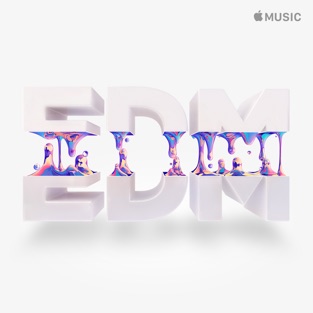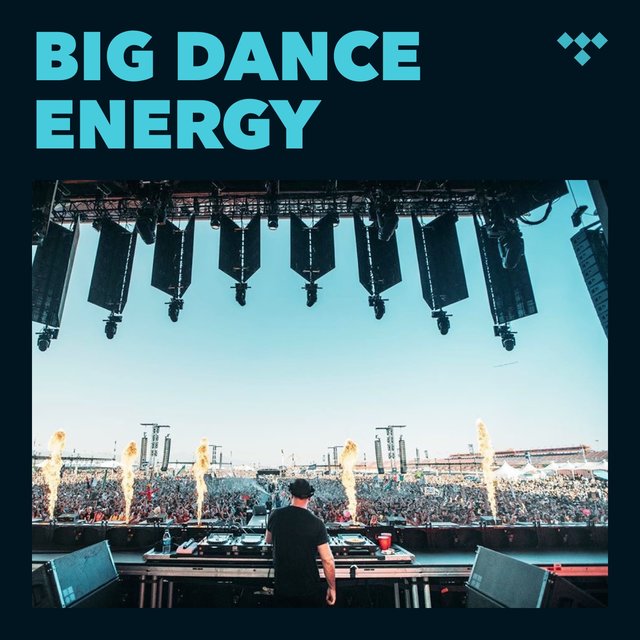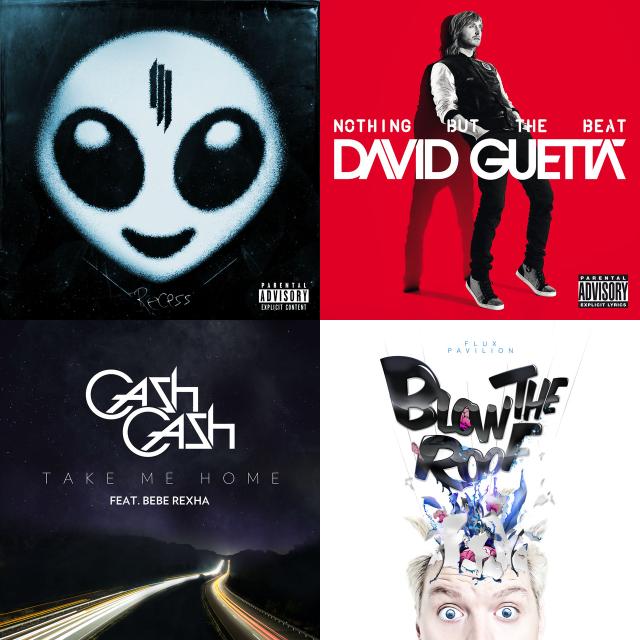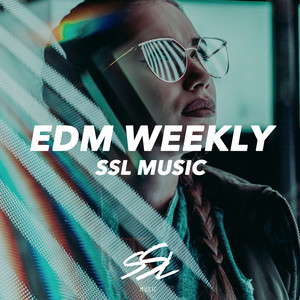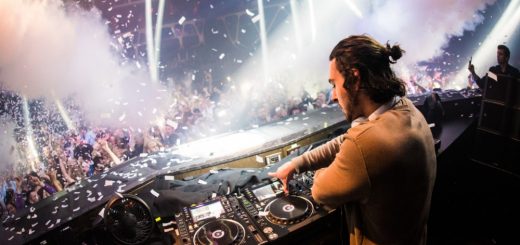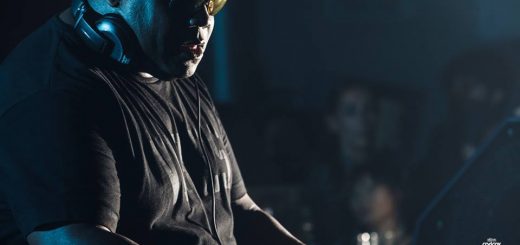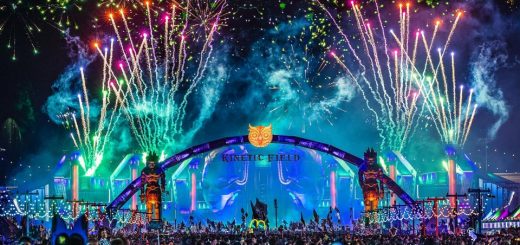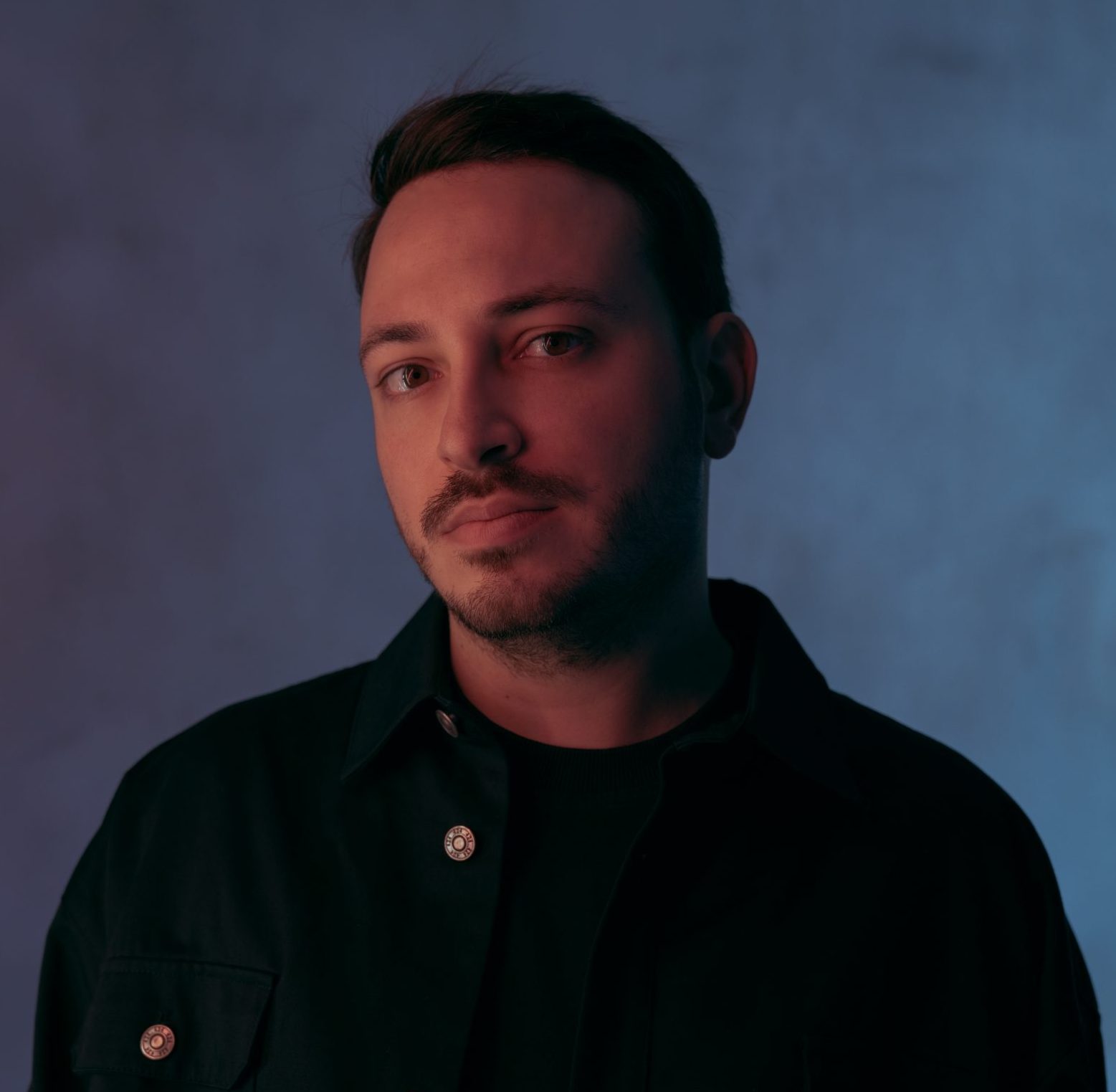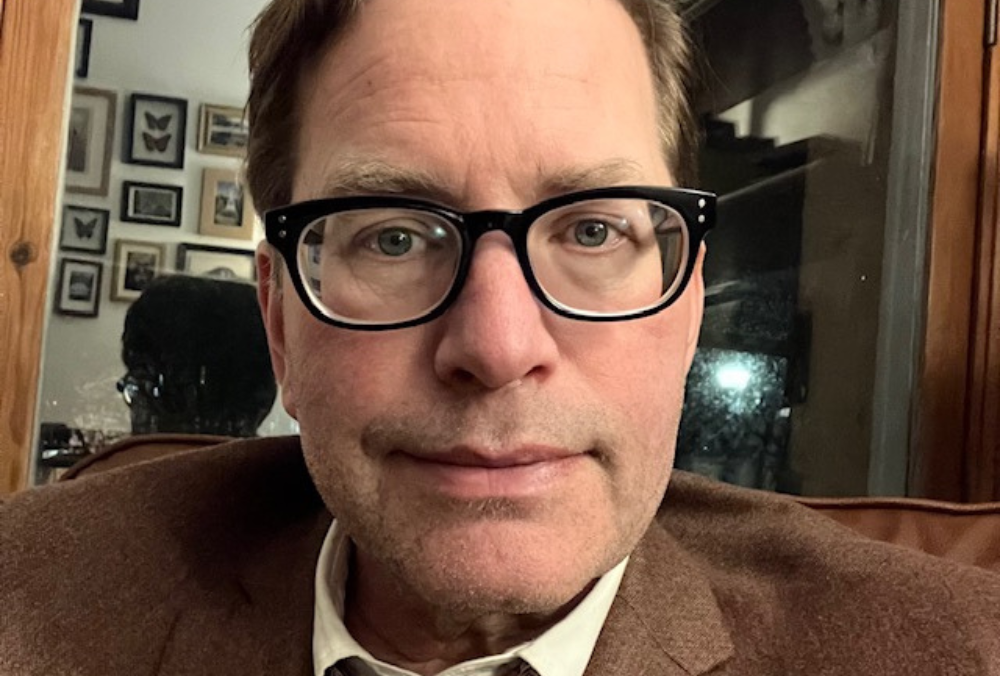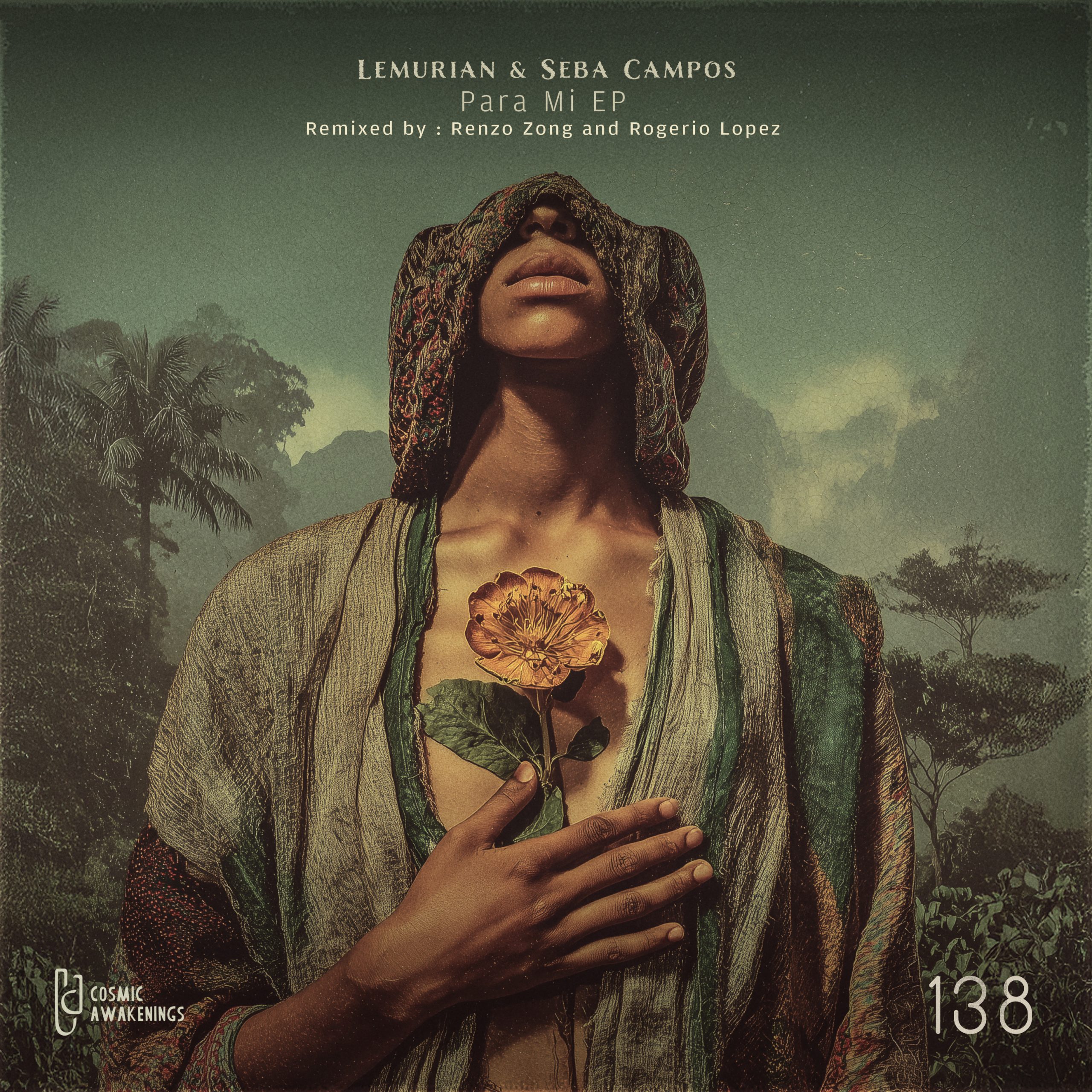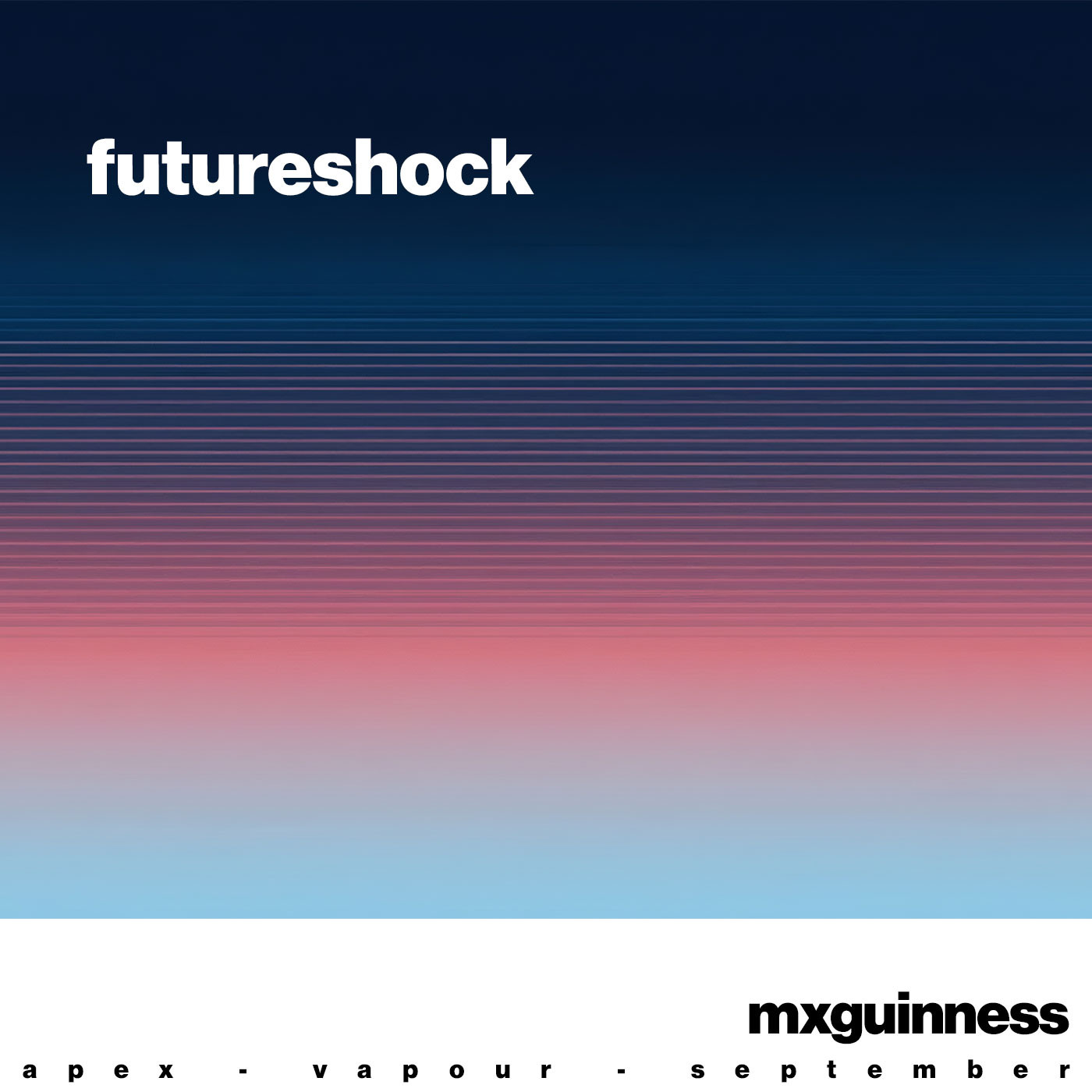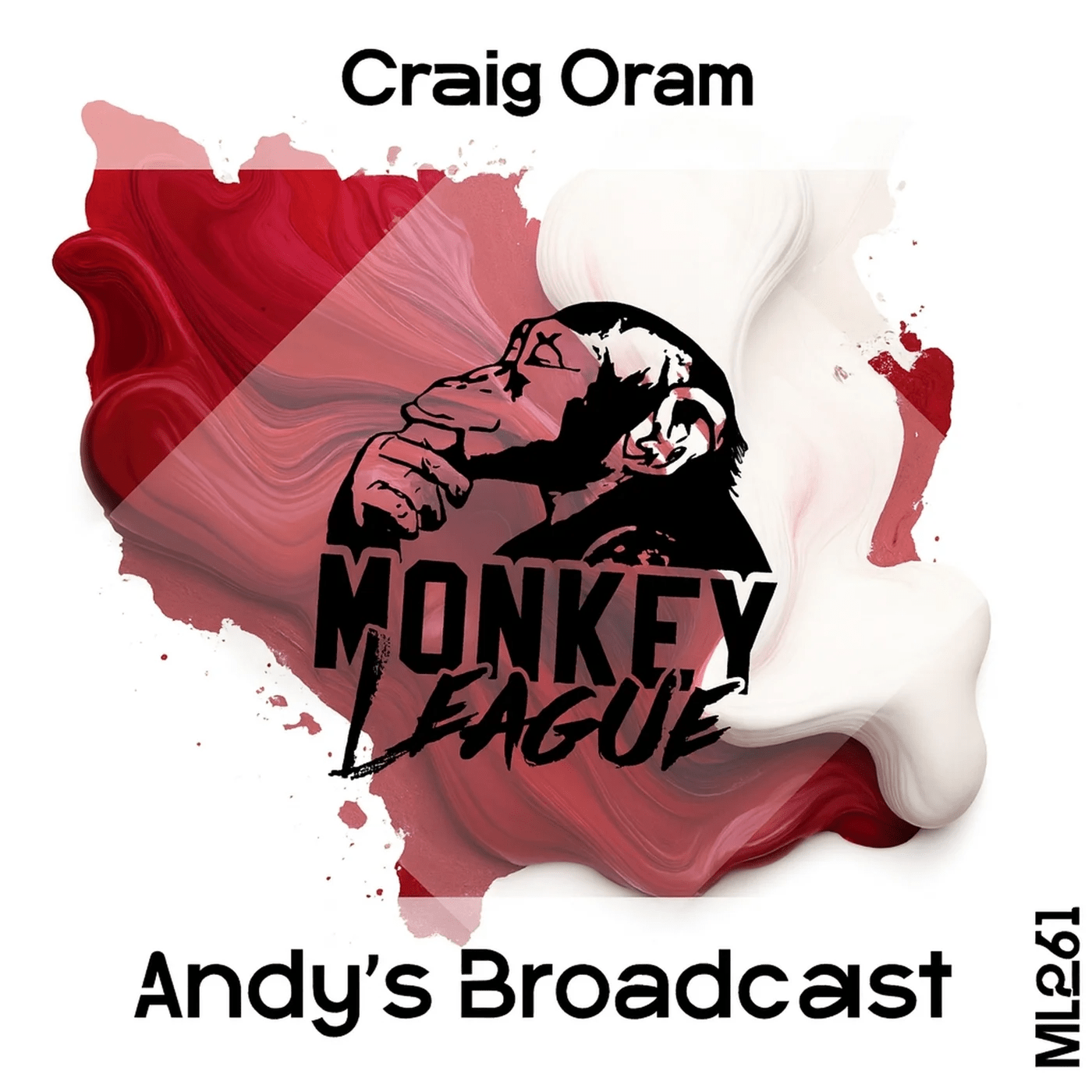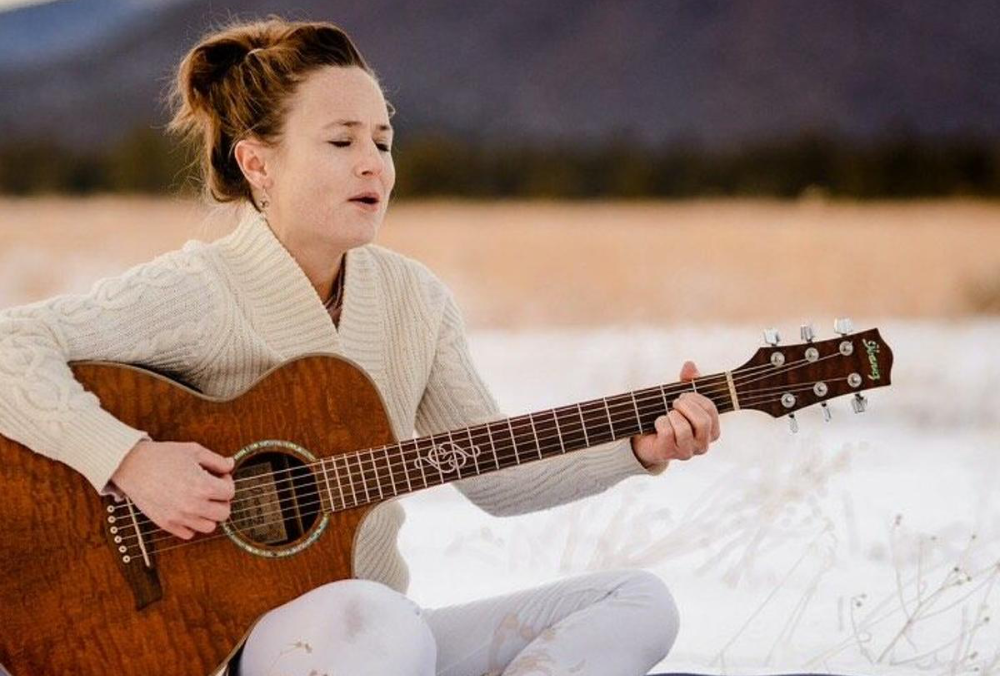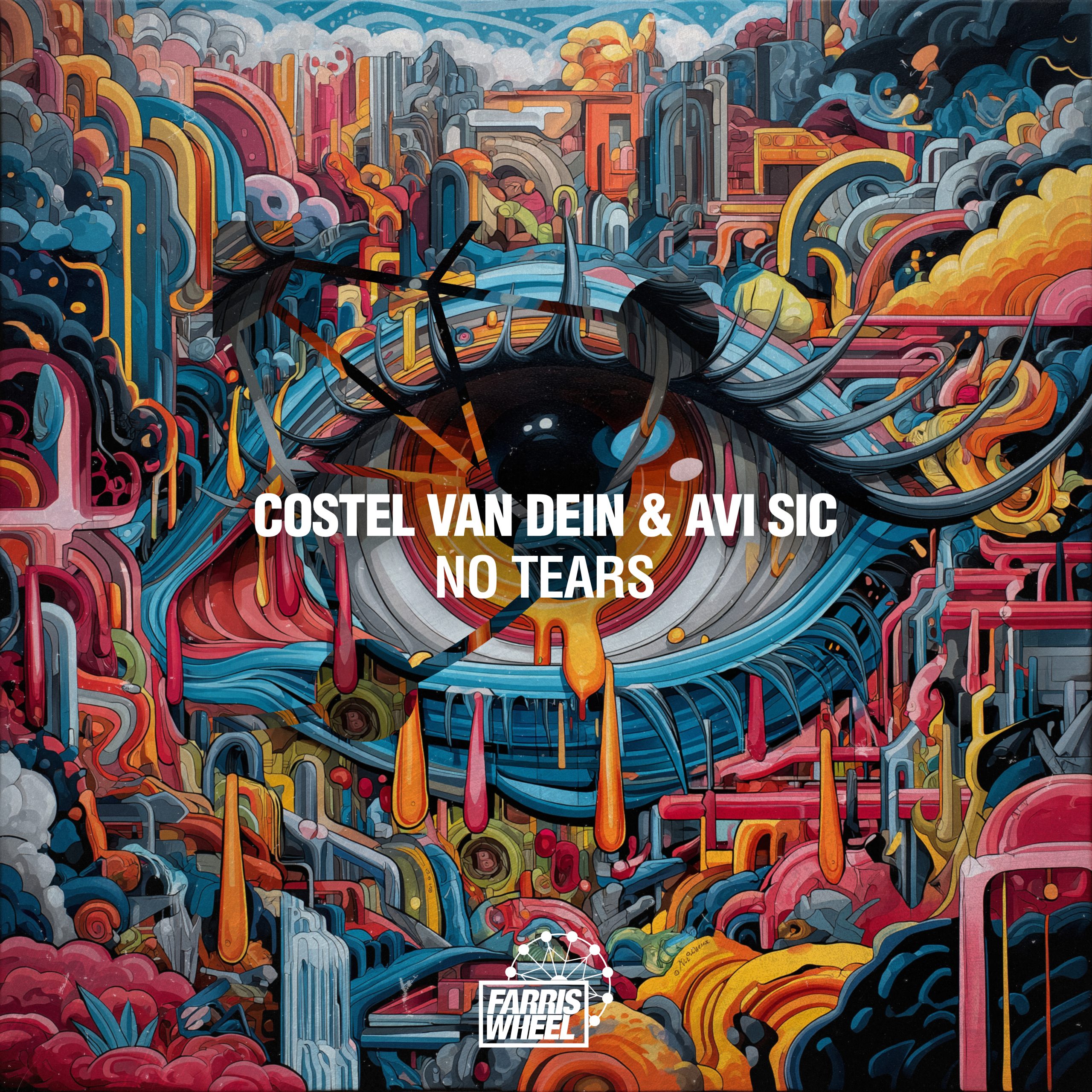Reflecting 'From The Start' with Farius [Interview + Exclusive Mix]
by Trace Miles ·
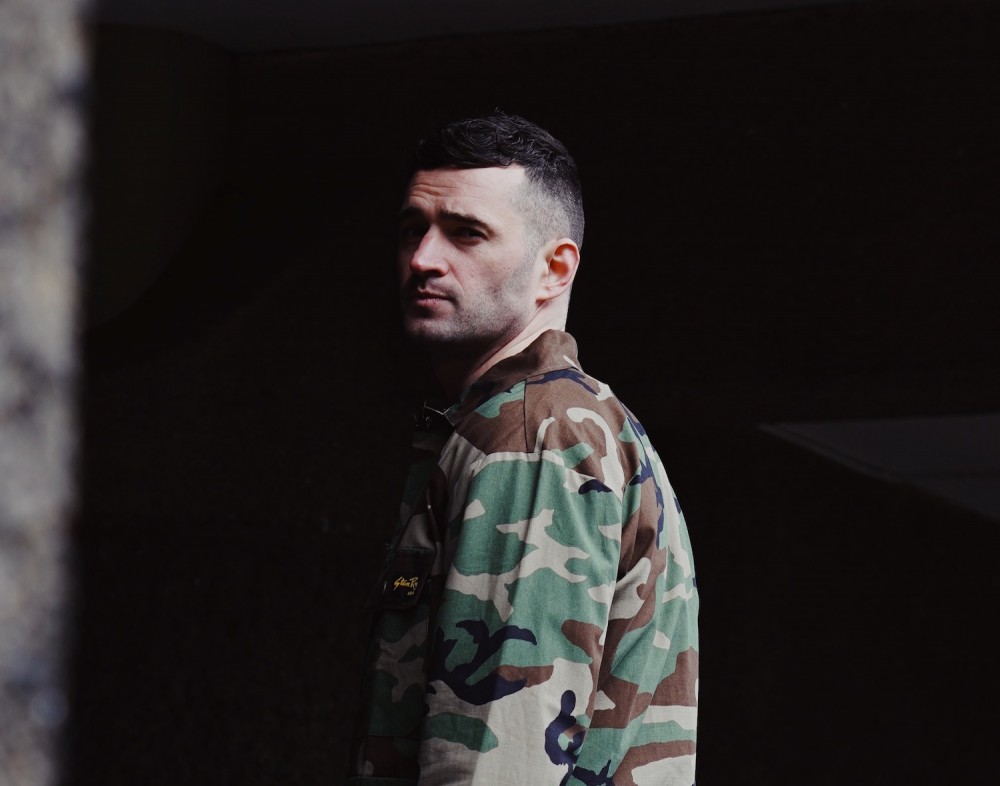
Rapidly careening through the ranks of the progressive and trance scene, Farius has solidified a new testament to his exalted journey with the delivery of debut album From The Start. Finding his initial breakthrough with his 2017 Beatport Top 10 Trance-charting knockout “Echo Chamber,” the London-originated producer (real name Adam Turner) has garnered the support of giants like Armin van Buuren, Above & Beyond, Markus Schulz, and more, crafting newfound energy into the storied genres. Harnessing a classical background in harmonization with his gripping, melodic-resounding productions, Farius comes into his flourishing artistry with a polished display of progressive virtuosity. Having topped Apple Music’s Trance & Progressive, From The Start has already broke onto the charts for Top 20 US Album Dance and the iTunes Top 50 Dance in the Netherlands, Spain, and Poland.
The UK luminary’s masterful execution of high-euphoria compositions is encapsulated by 15 tracks which each individually express a stem of progressive trance’s multifaceted angles. Heavily emphasizing melodies by way of inspiriting synths and vivacious chords, From The Start possesses an unwaveringly distinct identity, underpinned by a mature sound. Traversing space between genres like synthwave and trance while playing with textures, tempos, and vocal assists, Farius’ debut effort showcases a candid exploration.
In anticipation of the Enhanced Progressive talent’s album, Dancing Astronaut had the chance to chat with Farius about synthwave inspiration, A&R role at his label, and discovering his community. Read the full interview below.
From The Start is out now on Enhanced Progressive.
What was your first encounter with electronic music? Progressive and trance specifically?
It’s hard to say. My earliest clear memory of having my head turned by an electronic record was when I must’ve been five or six years old and hearing Black Box “Ride On Time” on the radio in London—I remember I was in my parents front room and it was playing out of one of those really old hi-fi’s—I can still picture it today. All I remember is being captivated by the beat of the track. In terms of trance and progressive, I remember being in awe of Chicane’s “Saltwater” when I was about 11 years old—by this time I had started to discover my own musicality was hugely inspired by the melody of the vocal and how it worked with the chord progression. From there I went on to buy Faithless’ album “Outrospective” a few years later which became a seminal album for me, and around the same time I remember buying a CD during one of my school holidays, which was some generic mainstream trance compilation—I forget the name—but I remember listening to Paffendorf “Be Cool” on repeat for weeks and weeks on end. It has probably one of the worst vocals ever put on a record, but I remember being struck by the chord progression and how it was so different to any other pop records out there.
How has your classical background influenced your creative output and/or production process in any way?
I always say my classical education is the foundation for all of my creative output now. I spent years learning the classical way to compose—more specifically things like Bach Chorales which have strict rules about how you move notes and chords in relation to each other. In many ways the classical background has helped me melodically when I write, but in other ways I’ve had to learn to break the shackles of strict education in some areas to be more creative within the electronic world now.
Honing your craft takes repeated attempts and modifications. Within a short span of time, you’ve come to the forefront of the progressive scene, showcasing dynamic industry-backed releases. What steps did you take to overcome initial difficulties and eventually grow into the fledged producer you are today?
As crazy as it sounds, before stepping into the progressive world I spent years doing commercial remixes for pop acts. So in a quite bizarre way, I managed to produce commercial sounding music whilst always keeping an ear on the trance and progressive world. When I finally switched off and began Farius, I was able to take a lot of my discipline in that area and transfer it to a different genre. And the main breakthrough was just listening and listening and listening to stacks of music that I wanted my stuff to sound like. The structure of tracks, various sounds and other sound design elements all helped me hone in my sound. That’s not to say it came together in any way overnight—not at all—the process is still on going today, always learning new things along the way.
In the UK, the emphasis on melodic music is a lot less than on genres like drum ‘n’ bass, garage and others. How have you been able to find your community and develop your sound despite this?
This is a really interesting question, and one that doesn’t get talked about much at all. The UK has had an incredibly varied dance music scene since the 80s, but right now it is very focused on house, disco, and techno particularly. I guess it’s no big issue—we all know that different genres come in and out of fashion every few years. Our main tastemakers on the radio here have built their careers championing all different styles of dance music, but arguably only reflecting what the general public mood is and just leading it. I have repeatedly heard over the last few years that “trance is coming back” on BBC Radio 1, but there’s a distinct lack of anything vaguely like trance anywhere near Radio 1. I think it’s a real shame there isn’t a slightly more diverse sound on what was once everyone’s first point of hearing new music—the radio. I think arguably that’s why many people have switched to streaming platforms and podcasts from other DJs to hear new and different sounds—and that’s what exactly happened to me. I discovered Above & Beyond’s Group Therapy radio show in about 2014-ish, and suddenly heard music I’d literally not heard on the radio as an adult. I was so inspired in discovering this new sound and when I looked into it more, I realised there was a whole community out there producing and digesting this sound. It was like huge penny had dropped and I thought to myself “this is exactly what I need to be producing.”
Your highly-anticipated debut album From The Start is arriving at the end of this month. What did the work leading up to this look like?
Actually not too bad! I’ve heard other DJs say that producing an album is one of the most stressful things a producer can do and whilst there were of course ups and downs, by and large it was a really exhilarating process to go through. Of course it helps having a really dedicated and hard working label to keep you on track and offer some excellent A&R advice, but overall it was a really enjoyable project. It wasn’t until I sat down with Will Holland (director at Enhanced) in around October last year that he said he’d love to do an album on the label with me. And quite honestly the idea of doing an album never occurred to me until he mentioned it; I just assumed that was something I wasn’t ready for and never thought I would be ready for until I’d reached a certain stage in my career. But to have someone who you respect immensely at a label you dreamed of releasing on make an album offer to you was quite incredible. And throughout the process since then, I never doubted starting the project.
Were there any production techniques or creative idiosyncrasies that played a formative part in making this album?
From the start (no pun intended) I wanted to produce an album that just reflected where I’m at musically right now, and also one that shows variation and versatility in the studio. I pretty much always start every track where I feel I’m my strongest—the melody. So whether it be jotting down a new arp idea, a new chord progression, humming a topline into the voice notes on my phone—all these particular ways of working for me have made each track on the album into something of their own I hope.
Can you walk me through a few tracks that you feel a strong personal connection with?
“Way Back When” was the first slightly different sounding track I wrote on the album—up until then I was just trying to establish the classic Farius sounding tracks on the album—”Miami Love,” “Forever,” “Home Again,” etc. I’ve always been massively inspired by bands like The Midnight and FM-84 so I really wanted to write something with a synthwave feel on the album, but still with a slight prog-trance edge. I think the label weren’t initially feeling the instrumental version I sent them, and I urged them to see if we could get any vocalists on it. Kyle came back with this insane topline and I instantly fell in love with it. In fact the first version he sent over to me I hardly touched, it was pretty much good to go. As I say, it was basically the first track I’d done on the album that was the beginning of being able to show a slightly different sound that I could produce, so I think I’ll always hold it close in that respect.
It must be hugely gratifying to be both on the roster and in an A&R role at Enhanced. How did you come to take on this role?
It was actually mid way through finishing the album that Will Holland (director at Enhanced) called me up one day and asked if we could meet to talk about the possibility of doing some part time A&R work for them. It actually came completely out the blue—I hadn’t expected it at all. I think it was a mixture of working closely with them on the album musically and also getting to know the team well from popping in and out of the office for meetings about the album—it felt like a natural fit. As I said to Will when I started, I can’t believe that the same label I was sending terrible demos to in 2014 is the same label that I’m signing tracks for now.
What do you look for when scouting potential talent?
That’s a tough one. I have to say there definitely isn’t one box tick that we look for. It goes without saying that the music is of course the only thing that matters; I couldn’t care if someone has 10 or 10k followers on Instagram. It sometimes—but not always—helps if someone has released before on other labels or received support previously from DJs. You know that they won’t be a flash in the pan with one record on the label; if they’ve produced other stuff before, they should be able to follow up with more. The sonic quality of the production is crucial, although it’s quite normal to work with artists and fine tune tracks before signing them. Now more than ever I think all A&R’s are trying to find a balance between signing music that fits the “sound” of the label, but at the same time trying to diversify and not sign a close relation of something you have already on the label. I can think of a couple of artists I’m working with at the moment who strike that balance really well in terms of fitting the label whilst still pushing the sound on for us.
So much has already been done musically over the past few decades in the melodic space that artistic voice is essential to standing out. How have you chosen to distinguish your style and get listeners to recognize Farius as a brand?
To be entirely honest I never set out with a plan to announce my “voice” in any specific way. I think my sound is a mixture of my classical musical background, as mentioned earlier, along with the way I taught myself to produce music. I’ll never be a producer who is able to replicate another producer’s sound exactly, I kind of just do what I do and have fallen into the sound I make. There is of course the element of being inspired by so many other producers around me. “Way Back When” is a good example. I wanted to write something close to those artists I love in the Synthwave world but also keep my Farius sound too. So that’s what I set out to do—by using similar processing to my classic Farius tracks on slightly different sounds, and hopefully that’s how it’s turned out.
Subgenres of electronic music are becoming more and more intertwined. Are you a purist in this sense? As the lines between genres continue to blur, do you think listeners and the industry will find new ways to distinguish music?
I think letting subgenres of electronic music intertwine is the only way we will progress forward. Nowadays you hear chin stroking techno fans enjoy trance riffs in new techno records and in the same way you hear avid trance fans actively embrace rumbling techno kicks in trance. Personally I’ve always stood by the mantra that genres are overrated. They seek to create boxes or restrictions around creatively. Of course conversationally we need to be able to distinguish between different styles and sounds, but as someone who has flirted between progressive house and trance for some years now, I find it exasperating that we have to define ourselves into one thing or the other.
What are you looking forward to for the rest of this year?
Well, hopefully the world getting back on its feet. It’s been an exceptionally strange time for all of us so far this year, and no less in our industry we’ve been hit enormously by the current situation we’re in. I’m looking forward to being back behind the decks in a club feeling the energy that is only experienced on a dance floor. Until then, we’ll all be in the studio cooking stuff up until we’re allowed to play it out again.
Tags: danceelectronichealoveNopersonalpoprap
You may also like...
-
Crankdat and void (0) get it 'Poppin'
by Donald Dominic · Published May 16, 2020
-
The Neptunes and deadmau5 get a club-ready 'Pomegranate' remix from Carl Cox
by Patrick Kelly · Published July 9, 2020
-
EDMHONEY.COM - NEW EDM MUSIC 24/7
- Next story Streams of NWA’s ‘Fuck Tha Police’ are up 272 per cent amid global protests
- Previous story Devault and Manila Killa join forces for 'You and Me Now' featuring Griff Clawson
Recent Posts

Release of “Dangerous Gift”: DJ and Produce….

Zeb Wayne Unveils His Latest Production ‘Ooh, My ….

Makes My Blood Dance Announce Metropolis Records Signing

Avi Sic Unleashes Bold New Release ‘Seat Back’, Sho….

Renzo Zong Releases Afro House-Inspired ‘Nostalgia Il….

New Track ‘Tio Tego’ Arrives from Hotboxx, Flynn No….

A Fresh Spin on ‘Bittersweet Symphony’ By Alfiya Gl….

Craig Oram Unveils ‘Work It,’ Marking a Fresh Step ….

